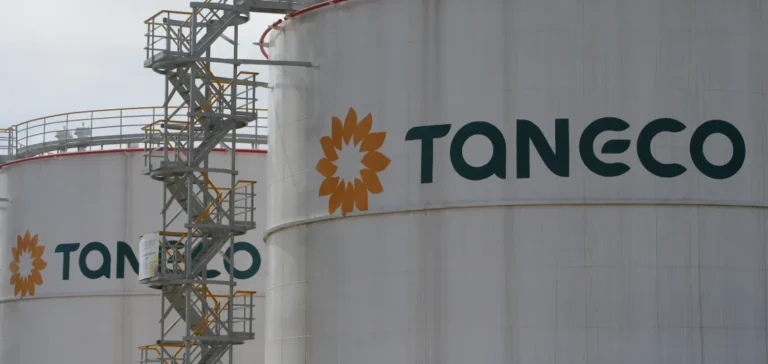Tatneft, a major oil producer in Russia, has commissioned a new hydrocracking unit at its TANECO refinery. This facility raises the annual processing capacity to 1.2 million tons of vacuum gasoil, supplied by the AVT-6 (Atmosferno-Vakuumnaya Trubchatka, atmospheric and vacuum distillation unit). The installation will enable the production of high-value fuels, including 640,000 tons of low-sulfur diesel and 229,000 tons of naphtha annually.
Strengthening Industrial Capacity and Diversifying Products
The unit is an addition to the first hydrocracking facility launched by TANECO in 2014, which had a capacity of 3.3 million tons per year. This technical development is part of an ongoing modernization strategy aimed at meeting the growing demand for high-quality refined products. The integration of the new unit reinforces Tatneft’s strategy to optimize the depth of crude conversion and increase the share of high-value finished products in the market.
Production flows are organized around a complete hydrocarbon upgrading chain, from distillation through hydrotreatment, desulfurization, and conversion into standardized fuels. According to published industrial data, the TANECO refinery processed 17 million tons of crude oil in 2024, generating 2.7 million tons of gasoline and 8.5 million tons of diesel.
Technological Deployment and Prospects for Site Evolution
The development of this new industrial capacity comes in a context of performance optimization and adaptation to the demands of the fuels market. Hydrocracking, a deep conversion process using hydrogen to transform heavy fractions into lighter products, is a key development axis for the refining industry. Tatneft indicates that the modernization of the TANECO complex aims to achieve a crude conversion rate above 98%, while gradually integrating new processing units such as delayed coking and hydroisodewaxing.
This upscaling strategy comes with a broader range of products from the complex, including low-sulfur Euro-6 diesel, naphthas, base oils, and aviation kerosene. The Nizhnekamsk site is thus consolidating its position in the standardized refined products segment, expanding its portfolio for both domestic and international markets.
The industrial directions taken by Tatneft through this project reflect a drive to strengthen the competitiveness of the sector and ensure the long-term profitability of refining. The increased capacity of the complex, combined with diversified production flows, opens new perspectives in supply management and margin optimization.






















